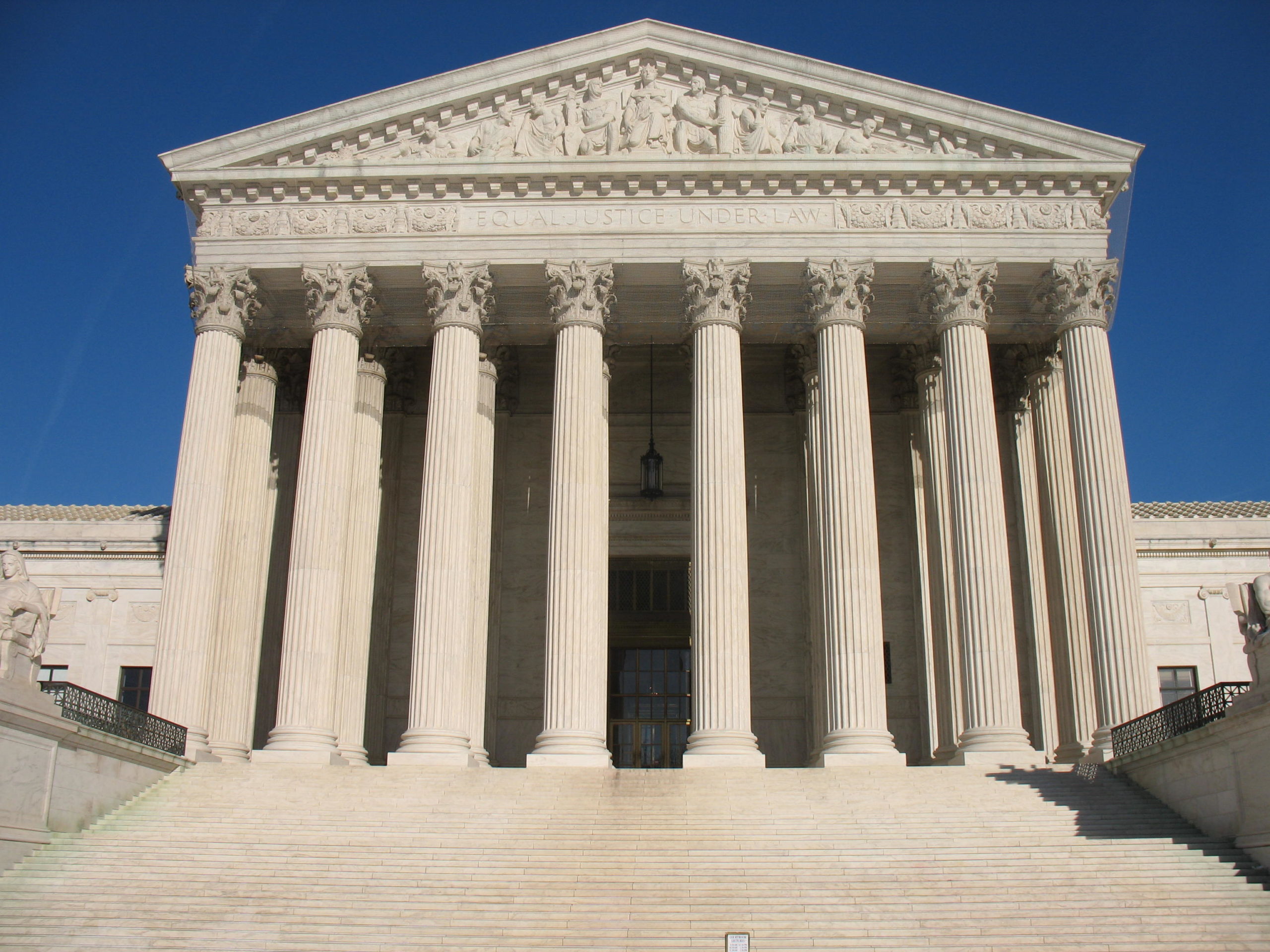In a significant victory for President Donald Trump’s hardline immigration policies, the Supreme Court on Friday sided with the administration, allowing it to move forward with the termination of a humanitarian parole program that had shielded over 500,000 migrants from deportation. The decision, an interim ruling in an ongoing legal battle, immediately puts hundreds of thousands of people from Cuba, Haiti, Nicaragua, and Venezuela at risk of losing their temporary legal status, work authorization, and potentially facing removal from the United States.
The high court’s order lifts a lower court injunction that had temporarily blocked the Trump administration’s directive to end the program. While it is not a final judgment on the legality of the termination, it means that the protections for these migrants will not remain in place while the underlying lawsuit proceeds through the appellate courts.
The humanitarian parole program, known as CHNV (Cuban, Haitian, Nicaraguan, and Venezuelan), was initially established by the Biden administration in late 2022 and early 2023. It allowed individuals from these four countries, facing dire conditions and instability in their homelands, to enter the U.S. legally for up to two years, provided they had a U.S.-based sponsor and passed security checks. The program was designed, in part, to manage the surge of migrants at the U.S.-Mexico border by offering an alternative, orderly pathway for entry.
Upon taking office, the Trump administration quickly moved to dismantle these programs, with Homeland Security Secretary Kristi Noem issuing an executive order to terminate all such “categorical parole programs.” The administration argued that these programs were inconsistent with its foreign policy goals and did not sufficiently reduce illegal immigration or its domestic effects.
The move was swiftly challenged by a coalition of individuals who had received parole under the CHNV program and immigrant rights organizations. A federal district court judge in Massachusetts had temporarily halted the termination, ruling that federal law requires parole decisions to be made on a “case-by-case basis” rather than through a blanket revocation. This decision was upheld by the U.S. Court of Appeals for the 1st Circuit, prompting the Trump administration to seek the Supreme Court’s intervention.
The Supreme Court’s brief, unsigned order did not provide its reasoning, as is customary for emergency docket decisions. However, two of the court’s liberal justices, Sonia Sotomayor and Ketanji Brown Jackson, issued a scathing dissent, criticizing the majority for what they described as a disregard for the human impact of the decision.

Justice Jackson, joined by Justice Sotomayor, wrote that the ruling “undervalues the devastating consequences of allowing the Government to precipitously upend the lives and livelihoods of nearly half a million noncitizens while their legal claims are pending.” She argued that the decision “would facilitate needless human suffering before the courts have reached a final judgment regarding the legal arguments at issue.”
Lawyers representing the affected migrants warned that the Supreme Court’s decision leaves their clients with “two unbearable options”: either to leave the United States and face potential dangers in their home countries, risking family separation and forfeiture of their legal claims, or to remain in the U.S. after parole termination and face “imminent removal at the hands of Government agents.”
This latest ruling marks the second time this month the Supreme Court has sided with the Trump administration on immigration policy, having previously allowed the government to revoke the Temporary Protected Status (TPS) for approximately 350,000 Venezuelan migrants.
For the more than half-a-million individuals who had relied on the CHNV program, the Supreme Court’s decision creates immediate uncertainty and fear. It underscores the administration’s aggressive approach to immigration enforcement and signals a continued willingness by the conservative-majority Supreme Court to grant the executive branch broad discretion in immigration matters, even as significant legal challenges remain to be resolved. The battle over these immigration policies is far from over, but for now, the future of these migrants hangs precariously in the balance.
